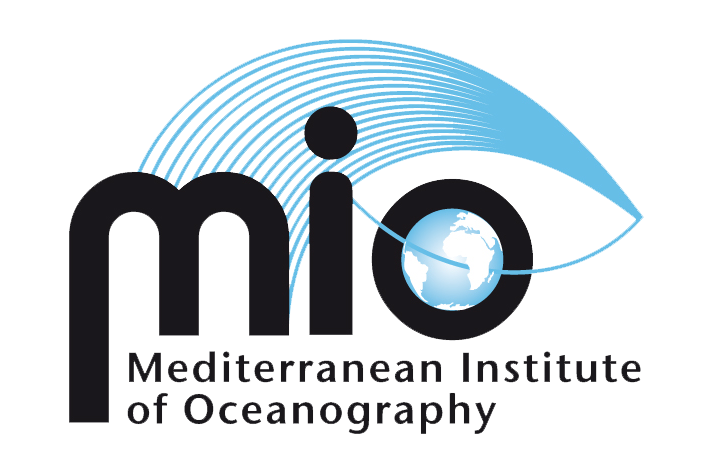The nature of the exported iron plays a major role in its ocean cycle
For the first time, an international team, including our MIO colleague Thibaut Wagener, made in situ observations of bacterial iron regeneration in the mesopelagic zone - the "black" ocean where light does not penetrate - of the Southern Ocean and the Mediterranean Sea. By combining these observations with numerical simulations of the PISCES biogeochemical model, the researchers highlighted the contrasting roles of biogenic and lithogenic iron in the mesopelagic zone.

